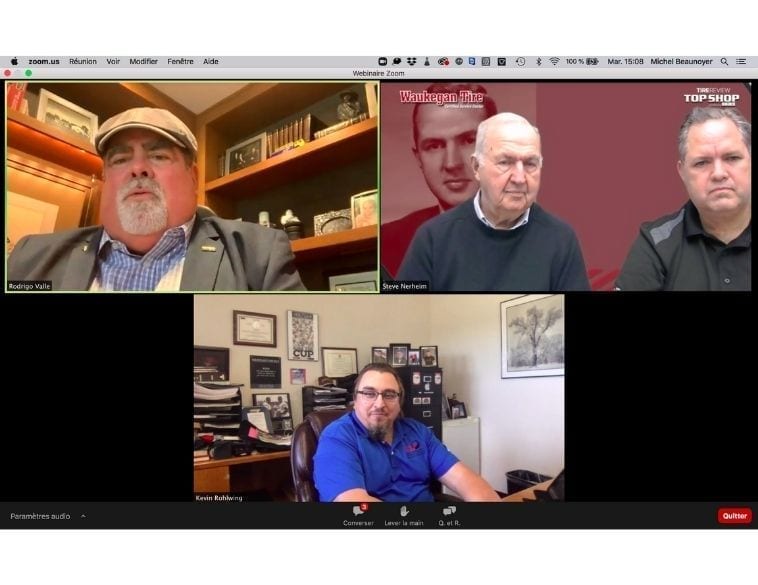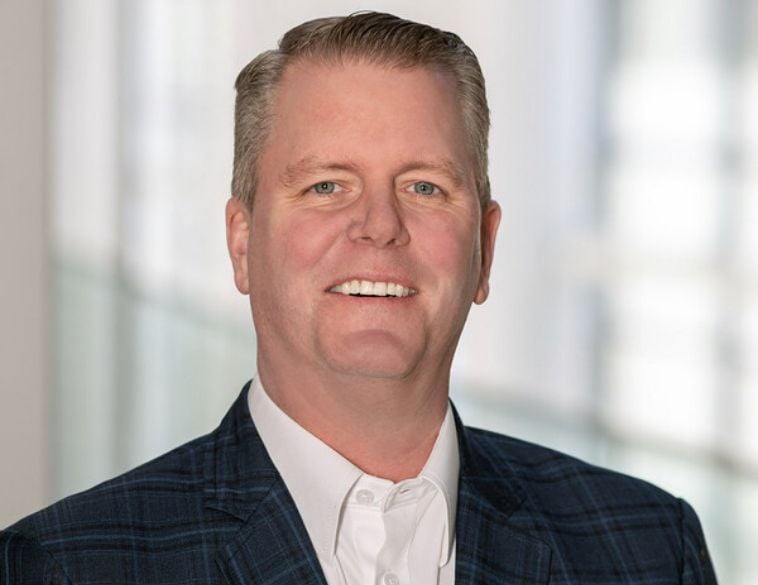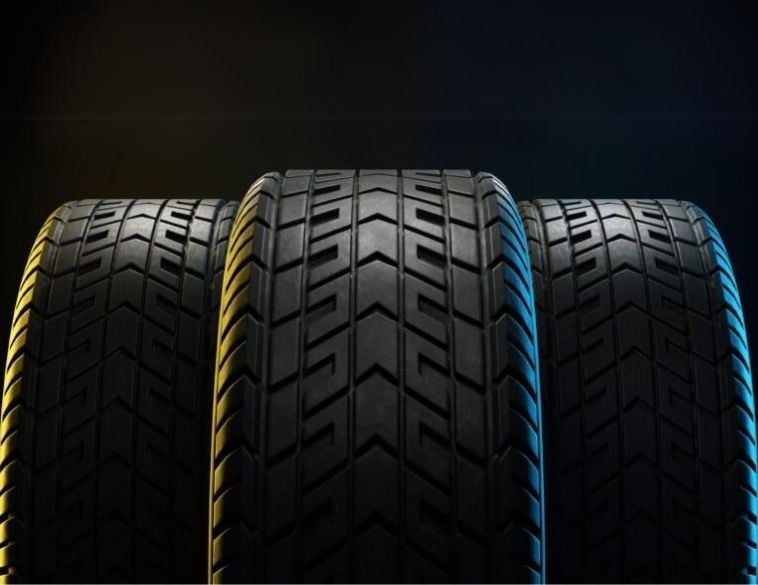In a panel organized for SEMA 360, the Global Tire Expo brought together three entrepreneurs who shared their winning tips in managing tire centre networks.
These two companies were clearly not chosen at random. The first, Grupo Tersa from Mexico, was named Humanitarian Retailer of the Year by Tire Business magazine. The second is Waukegan Tire from the Chicago area, which was named best tire centre in the United States according to Tire Review. They have three locations selling tires and also offering mechanical maintenance services.
But the reason why these entrepreneurs were invited to the TIA’s virtual platform was not to show off their trophies, but to share the ingredients of their recipe for success.
Defining success
With 120 points of sale, including 45 corporate stores, Grupo Tersa serves 26 cities on the border between Mexico and the United States. “I believe that the first ingredient for success is to support our communities. The workers in our tire centres share this vision and are involved in many charitable activities.”
From a business point of view, Rodrigo Valle’s network extends to dealerships, some of which he owns, with dedicated outlets. Its tire centres offer complete mechanical services. This represents 30% of its sales compared to 70% for tire sales. In response to a question from Autosphere, Valle explained that his intention was to gradually change these percentages. “There is very little profit margin in tire sales. We are expanding our repair and maintenance services more because the profits from selling time and parts are more attractive.”
His colleagues from Illinois, Steve and his father Gerry Nerheim, agree. “Tires are our specialty, but we now see them as magnets to attract customers to our service bays. Revenues from our three shops account for 68% of retail tire sales.”
Both companies sell very few tires through Internet sales. For Valle, it’s a platform he’s only just beginning to explore due to lack of demand. The Nerheims are reluctant to go all the way. “We’re mainly going to sell off tires and rims at the end of the line.“
Stable Relationships
All three contractors agree on the importance of supporting their success by building close relationships with their key suppliers. This is a joint venture that will span decades. “We organize or participate in motorsports events in collaboration with one of our largest off-road tire companies,” says Valle. “It has become a tradition that not only builds customer loyalty for us but also strengthens our relationship with this supplier.” Approximately 20% of their promotional budget is used for this purpose.
This agreement with reliable suppliers has not prevented this Mexican entrepreneur from launching his own brand of tires. He is now expanding his catalogue into less sensitive niches for his suppliers.
Marketing operation
Both companies use social media for promotional purposes. Waukegan Tire invites its customers to share their experiences while tracking the results. The company also regularly shares tips and tricks.
Valle also uses these platforms to present short videos of staff members who have been with the organization for more than 20 years. It’s a gesture of recognition appreciated by both employees and customers.
But when it comes to marketing, traditional methods are not being abandoned. “There’s a drop in prices for billboards along major highways in many of the regions we serve,” says Valle. “We’re doing a lot of them and the very positive results have surprised us. “In the two family-owned businesses, radio also seems to be a successful medium.
As a matter of image and commitment, where possible, Grupo Tersa has installed solar panels to supply electricity to its workshops, something that younger clientele appreciate.
Tips from the pandemic
The COVID-19 pandemic hit the continent as a whole and whether in Canada, Mexico or the United States, tire centres found themselves in the position of having to adapt. Social distancing measures, fewer simultaneous appointments and reduced automobile travel also affected them.
But the three entrepreneurs also responded by offering new services. For example, the two companies put mobile units on the road to install tires directly at their customers’ homes. This new service has proven to be very popular and is likely to be offered, if not increased, even after the pandemic.
Rodrigo Valle has gone one step further by offering customers the option of having their vehicle picked up directly from their home or workplace and then having it returned after mechanical maintenance or tire replacement.
He also points out that the pandemic has pushed several competing shops to the brink of bankruptcy. Entrepreneurs regularly receive offers to purchase vehicles, which represent business opportunities for them.
Finding and retaining staff
Both companies have established insurance and profit-sharing programs with their employees. In Mexico, each technician’s work is evaluated and a portion of the profits that his or her work injects into the company is returned to the technician.
At Grupo Tersa, an internal training program has been built since the workers recruited are rarely qualified. The workforce is very difficult to recruit despite the incentives, especially since some try their luck in the United States. The team also uses a weekly newspaper dedicated to soccer to advertise open positions, knowing that the readers are mainly young men in their twenties.
Waukegan Tire’s workshops have developed a direct approach. “We work closely with the vocational training centre in our area,” explains Steve Nerheim. “We meet with students, organize tours of our workshops and open our doors to trainees.”
To conclude the discussion, all three speakers agreed that success requires a vision supported by passion. “We listen to our employees and move forward with them,” says Valle. “We share a great respect for the customer throughout our network.”
For Steve and Gerry Nerheim, the basis of success is the quality of the relationship with the customer. “We inform and advise them, but they make the decision,” says Nerheim. “And we do everything we can to avoid wasting their time, both by being precise in our appointments and by ensuring the quality of the work of our technicians.”



